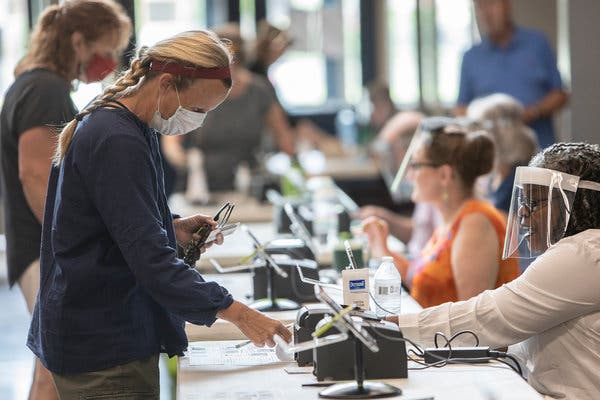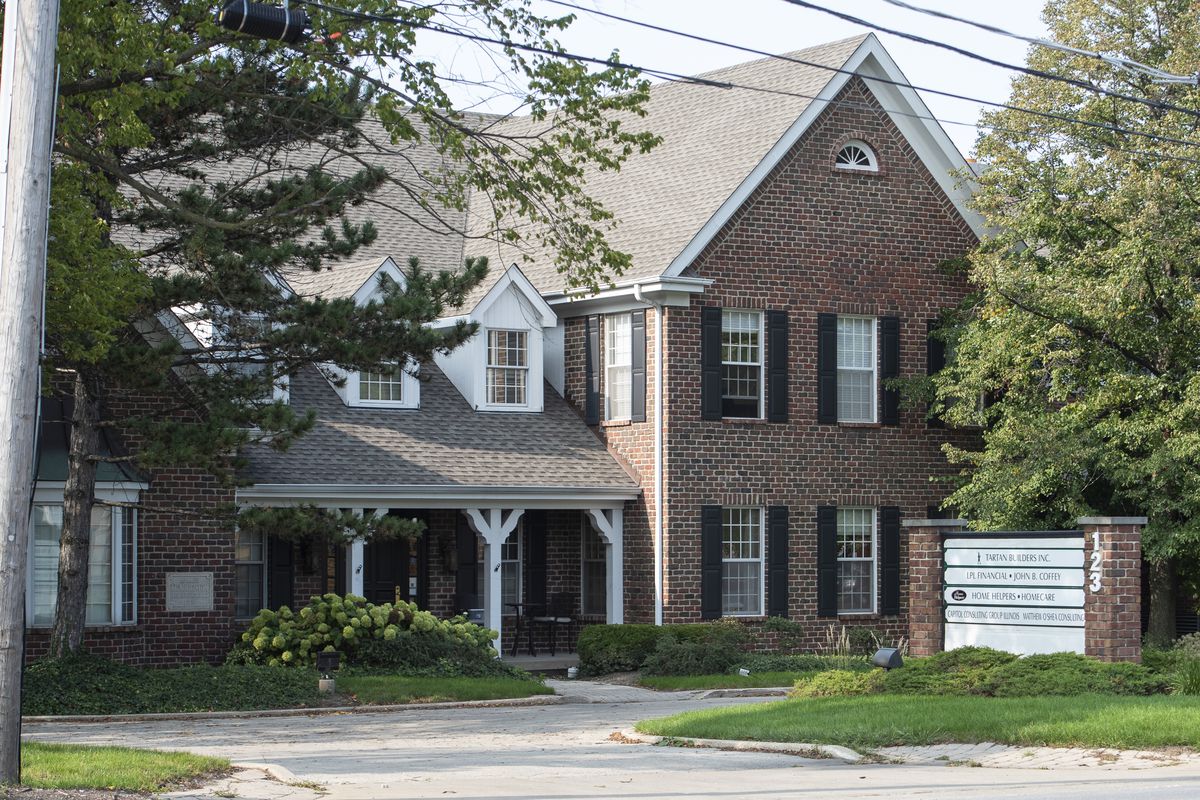
Not long ago, if you wanted to hear smart conversation about Michigan politics, Michigan Public Radio’s Stateside was the most credible place to turn. You might also drop in on whatever Mildred Gaddis had going on at WCHB and, later, WPZR, to take the pulse of Detroit’s African-American community. Frank Beckmann on WJR still does a solid job as well. But the pickings continue to be slim over the air.
Fortunately, we’re in a new era. To stay up on what’s happening these days, it’s not only useful but also essential to know what’s happening in the podcast world. But with so many programs spread across your favorite podcast app — I use a free one called Overcast, which is sleeker and far easier to use than Stitcher or Apple Podcasts — how to economize your time?
As you get on the road for holiday travels this season and roll into the momentous political year of 2020, here are the five programs you didn’t know you needed to figure out what’s happening in the Wolverine State. Although many over-the-air shows are also available as podcasts, this ranking is exclusive to programs created specifically on an ongoing basis for the podcast medium.
While this list is impressive, there’s plenty of room for more. It’s baffling that the Detroit Free Press, The Detroit News, MLive, Bridge Magazine, Michigan Advance, the Mackinac Center, and Crain’s Detroit Business don’t offer news-oriented podcasts. The list is also far too white and male, but that’s also a function of what exists right now. Where the heck are Rochelle Riley, Nancy Kaffer, Susan Demas, and Ingrid Jacques? Our ears need you, too.
MIRS Monday
Most of what independent Lansing-based news outlet Michigan Information & Research Service (MIRS) does costs money to read. That’s why it’s wonderful that once a week, its journalists give away a solid conversation and analysis of the top political news stories for free. There’s no hyper-partisanship here, at least not from folksy-sounding host Kyle Melinn or regular “guest” MIRS publisher John Reurink. When debates do happen on this show, they’re more about differing takes on how decisions by political figures will play with the public than arguments over specific policies. The interviews sometimes drone on too long and lack teeth — guests usually go unchallenged when they repeat talking points (or lie) — but just as often, it’s useful to hear what members of Congress or candidates for office of all political stripes have to say. Also, MIRS occasionally posts raw audio from press conferences and speeches in its feed, for those who want to hear such events unfiltered.
The Craig Fahle Show
Fahle, a former Hour contributor, is a veteran broadcaster who brings his professional journalistic, vocal, and production chops to a medium where many incorrectly believe slapdash and homespun are charming. For nearly a half-hour every day, he delves into local, state, and national topics with an eclectic range of interview guests, weekly roundtable discussions, and more. Fahle does spend some of his days chatting with what he calls “cool people doing cool things,” and only about half the time are they actually interesting. But he produces 20 to 30 minutes five days a week, so he gets props for being super-current when hot news is unfolding.
Friday Morning Podcast
Former State Sen. Bill Ballenger and Dennis Denno, a longtime campaign messaging guru and pollster, team up for an often-raucous conversation about the week’s political news. They balance each other nicely. Ballenger is a conservative who is rarely stridently partisan, while Denno seems more center-left, and they meet in the middle to honestly assess what’s happening and where they think things are heading. Ballenger also happens to have an encyclopedic knowledge of state political history going back to the 19th century, and that often results in truly illuminating nuggets. Most of the interviews are of poor and uneven audio quality — I’ve told Ballenger this in the past, but nothing seems to change. It’s too bad, too, because these getting-to-know-you conversations with state lawmakers, if you battle through their many crackles and tinny pitch, often teach the audience fascinating tidbits about parts of the state that are almost never heard from in mainstream media.
Michigan Policast
Of the several liberal-oriented podcasts out there, which also notably include Left of Lansing and The GOTMFV Show, this is the best. The production and audio quality on the Michigan Policast is excellent and, happily, there are two women, Amy Kerr Hardin and Christine Berry, co-hosting along with a guy, Walt Sorg. They do national issues, but the meat of the program is a look at what’s happening in Lansing and on the campaign trail around the state. It’s not just the obvious stuff about the budget battle, but discussions about environmental and social policy, as well. Also, whoever is doing the exhaustive, link-filled show notes for Policast deserves a medal. Michigan conservatives need to come up with something as smart as this to compete because, for now, they’re leaving the Michigan podosphere to the left.
Field Days
Within the sub-genre of podcasts coming out of various state departments and agencies, most — Talking Michigan Transportation and Michigan Grown come to mind — are deadly boring or unlistenable. The Michigan Department of Corrections, of all sources, gives listeners something new and, usually, interesting. Hosted by MDOC spokesman Chris Gautz and Greg Straub, administrative assistant to the Field Operations Administration’s deputy director, the weekly Field Days podcast is certainly a public relations vehicle and doesn’t get into the many controversies involving the state’s prison system, but rather conversations about such things as prison hospice or a program in which inmates stage Shakespearean plays help to humanize life behind bars.


